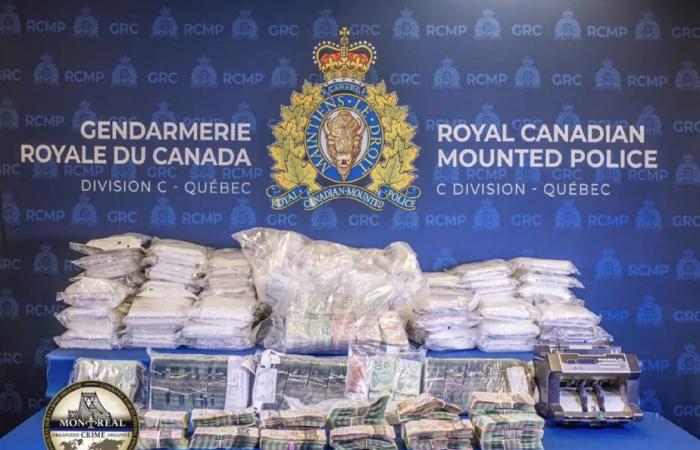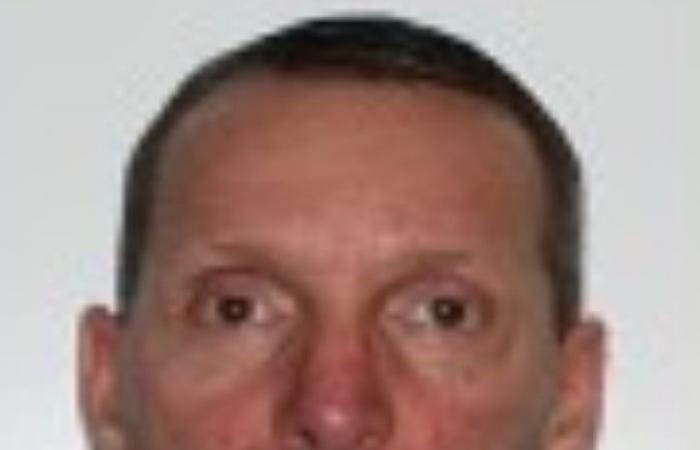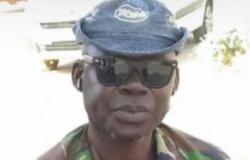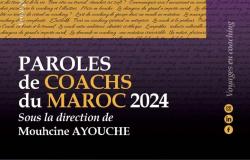Roberto Scoppa is facing extradition to the United States, where authorities accuse him of distributing heroin and cocaine. The Montreal mafioso's lawyers argue that the evidence against their client consists mainly of hearsay, and that the rest would not ensure that a jury would find him guilty in Canada.
Posted at 12:16 p.m.
This is the essence of the argument of the lawyers of the 56-year-old man, whose extradition was debated Tuesday morning at the Montreal courthouse, before Judge Catherine Perreault of the Superior Court.
Scoppa was arrested last January following a major investigation by the Federal Bureau of Investigation (FBI), in which the Royal Canadian Mounted Police participated.
The 55-year-old is charged with four counts of distributing heroin and cocaine in the United States, and faces at least 10 years in prison on each charge.
The evidence against Scoppa rests in part on the participation of a mole whose text messages were spied on by police, whose phone was tapped, and who wore a portable recording system even during a meeting with Scoppa in Mexico.
PHOTO ARCHIVES THE PRESS
Roberto Scoppa
American police say in particular that they intercepted messages implicating Scoppa in seizures of 4 kilograms of heroin and 15 kilograms of cocaine made by investigators from the Joint Organized Crime Investigation Unit (CFSEU) of Division C of the RCMP in December 2022.
A conversation at the heart of the debate
“Hearsay is permitted to demonstrate that there is a conspiracy, but to demonstrate the precise participation of an individual in a conspiracy, hearsay is not permitted,” says one of Scoppa’s lawyers. ,Me Chantal Bellavance.
By law, extradition to foreign countries, including the United States, can only take place if the criminal acts alleged in the extradition request constitute a crime in both countries.
“We are asking the judge to remove anything that constitutes hearsay and if he accepts, what will remain is a conversation with the undercover civilian agent [la taupe]and this conversation alone proves nothing,” she continues.
According to Me Bellavance, the elements with which his client is accused are not all admissible as evidence under Canadian law, and if a jury in Canada found him not guilty, there would be no extradition.
“In the conversation with the ACI, the latter does not find itself in a situation where a conspiracy is being developed, and in Canadian law, one cannot be accused of an intention alone,” argues Mr.e Bellavance.
Roberto Scoppa is the brother of Andrew and Salvatore Scoppa, two late leaders of a Calabrian clan of the Montreal mafia murdered in October and May 2019 respectively.
Roberto Scoppa, who is also represented by Me Jeffrey Boro et Me Gabriel Fosse, however, denies being connected to the mafia.
The federal prosecutor on file, Ms.e Erin Morgan, for her part, says the evidence against Scoppa is enough for him to be extradited.
To contact Daniel Renaud, call 514 285-7000, ext. 4918, write to [email protected] or write to the postal address of The Press.







